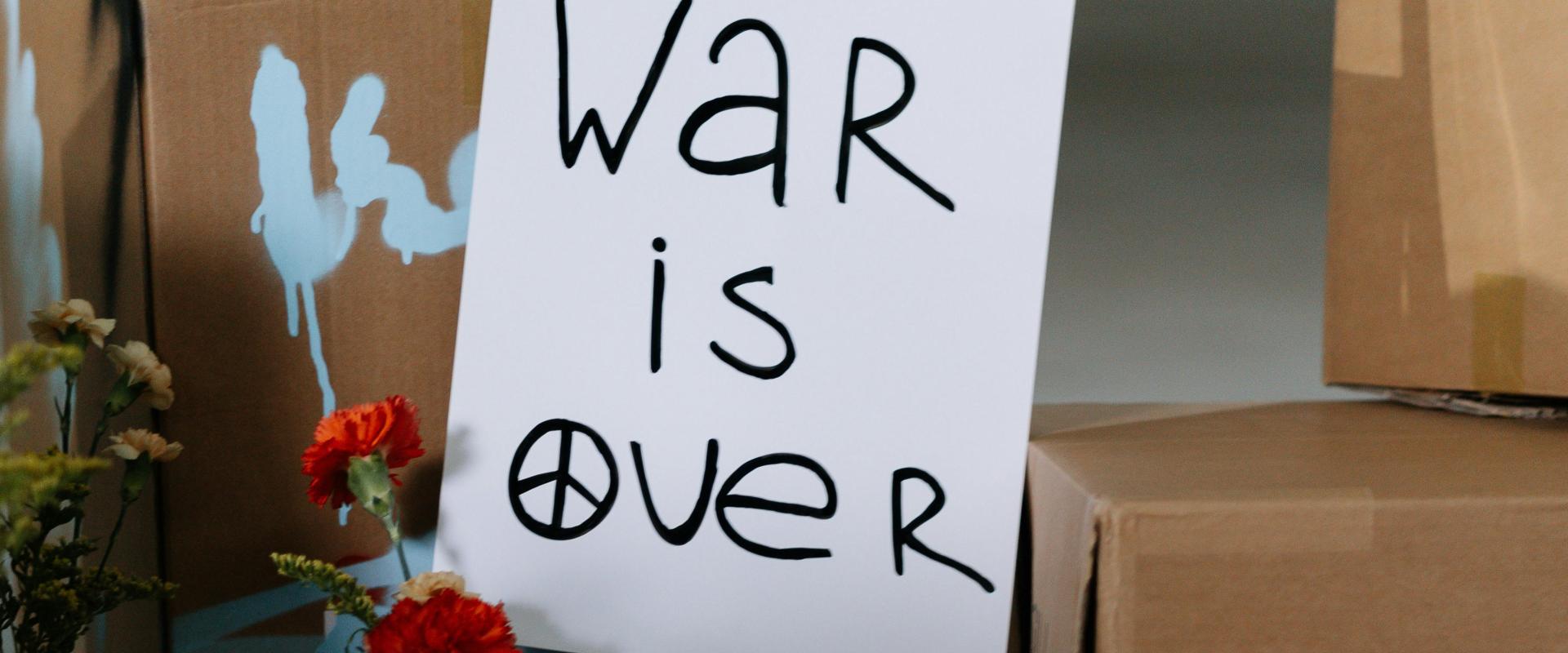
Disarmament Week: Building Peace Through Dialogue

Observed annually from October 24 to October 30, Disarmament Week promotes understanding of the critical importance of disarmament and arms control in building a safer, more secure world. Beginning on the anniversary of the founding of the United Nations, the observance encourages dialogue, education, and collaboration to prevent armed conflict and promote peace through reduced armament.
Global Recognition and the United Nations Involvement
Disarmament Week was first called for in the Final Document of the 1978 Special Session on Disarmament (Resolution S-10/2) and later reaffirmed by the General Assembly in 1995 (Resolution 50/72 B). Governments, organizations, and individuals are invited to take part in awareness campaigns that help deepen public understanding of disarmament issues and their impact on humanity.
Since its founding, the United Nations has placed disarmament at the heart of its peace and security agenda. From nuclear non-proliferation to controlling conventional weapons, the UN works to reduce risks, prevent escalation, and uphold the principles of international peace and security.
The Goals of Disarmament Week
-
Promote Global Awareness: Increase public understanding of how disarmament contributes to peace, security, and sustainable development.
-
Reduce the Threat of Weapons: Address the risks posed by nuclear, chemical, biological, and autonomous weapons.
-
Encourage Political Dialogue: Support negotiations and treaties that replace arms competition with cooperation and trust.
-
Protect Civilians: Highlight the humanitarian impact of conventional and emerging weapons, especially in populated areas.
-
Strengthen International Security: Reinforce the collective responsibility to pursue peace through diplomacy, not armament.
Annual Themes and Their Impact
Each year, Disarmament Week explores urgent challenges to global stability. The 2026 observance focuses on the role of multilateral cooperation in reducing global weapons stockpiles, preventing illicit arms trade, and addressing new and emerging technologies that pose threats to peace. Events organized by governments, UN agencies, and civil society promote the idea that “disarmament is central to our shared peace and security.”
Connection to the Sustainable Development Goals (SDGs)
-
SDG 16: Peace, Justice & Strong Institutions – Disarmament fosters just, inclusive societies and prevents armed conflict.
-
SDG 3: Good Health and Well-Being – Reducing weapons use protects civilians and prevents injury, displacement, and trauma.
-
SDG 13: Climate Action – Lowering military expenditure allows for greater investment in sustainable and humanitarian priorities.
-
SDG 17: Partnerships for the Goals – International cooperation and multilateral agreements strengthen global trust and accountability.
Advancing a Culture of Peace and Responsibility
Disarmament is more than arms reduction it is a pathway toward human security and sustainable peace. The UN Office for Disarmament Affairs supports efforts to regulate conventional weapons, address nuclear risks, and ensure transparency in military spending. The humanitarian impact of new technologies, such as autonomous and cyber weapons, continues to drive dialogue among member states and experts worldwide.
Engagement and Global Solidarity
Celebrating Disarmament Week 2026 is an opportunity for nations, institutions, and individuals to recommit to diplomacy over destruction. Through education, advocacy, and cooperation, the world can move closer to the UN’s vision of general and complete disarmament under effective international control.
Join the international community from October 24 to 30, 2026, in supporting dialogue, peacebuilding, and the collective responsibility to create a secure, disarmed future for all.
Disarmament Week Themes
| Year | Theme | Description |
|---|---|---|
| 2019 | Agenda for Disarmament | Focused on the UN Secretary-General’s "Agenda for Disarmament," which promoted disarmament to save humanity, lives, and the planet. Emphasized nuclear abolition, control of conventional arms, and managing emerging threats like cyberwarfare. |
| 2020 | Redirecting Budgets for Peace | Highlighted the “Protect People and the Planet” appeal to abolish nuclear weapons and reallocate military funds toward climate action, COVID-19 recovery, and the SDGs. Also covered gender and new weapons technologies. |
| 2021 | Securing Our Common Future | No singular theme announced, but focused on the UN’s disarmament agenda and its pillars: youth inclusion, gender equality, emerging weapons, and non-proliferation. |
| 2022 | Nuclear Abolition and Emerging Threats | Emphasized the elimination of nuclear weapons, illicit arms trade, and risks from autonomous weapons. Reinforced disarmament as essential to sustainable peace and SDG progress. |
| 2023 | Intersections of Disarmament | Addressed links between disarmament, climate change, and peace ahead of the Summit of the Future. Topics included space weapons, youth peacebuilding, and the illicit spread of small arms. |
| 2024 | Securing Our Common Future | Focused on military overspending, the risks of AI-enabled weapons, and how disarmament supports the SDGs. Reaffirmed the role of disarmament in ensuring peace, equity, and sustainability. |
| 2025 | Disarmament for Peace, People, and Planet | No official theme announced. Events revolve around the UN’s new disarmament agenda: saving humanity, saving lives, future generations, and strengthening partnerships. Includes support for the International Year of Peace and Trust and calls like “Unions for Peace – From Arms to Jobs.” |
